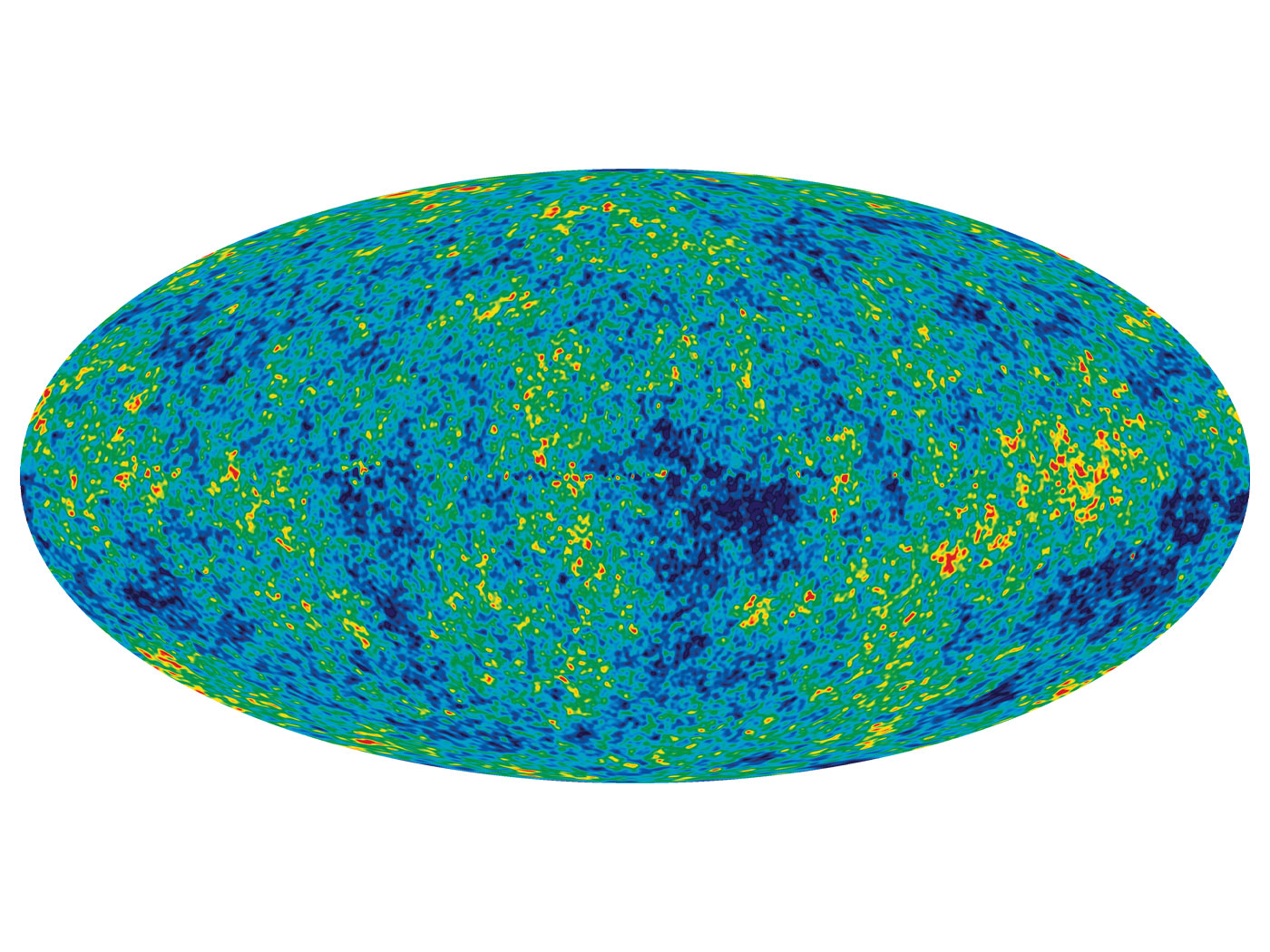“He that dwelleth in the secret place of the Most High shall abide under the shadow of the Almighty” (Psalm 91:1).
The first occurrence of the word “shadow” is found in Genesis 19:8. A couple of angels had come to visit Lot in Sodom. While in his house, a wicked mob knocked on the door and demanded that he send the “men” out to them for immoral purposes. Lot replied that they could have his two daughters instead, but “only unto these men do nothing; for therefore came they under the shadow of my roof.” It was the custom in the Middle East for a guest to be protected from all harm. Here we have the basic meaning of the word “shadow.”
There is also the shadow of trust: In Psalm 36:7 we read, “How excellent is thy loving kindness, O God! therefore the children of men put their trust under the shadow of thy wings.” Could this be a reference to the wings of the cherubim over the mercy seat? The mercy seat represented the atonement, which is the object of our trust.
Likewise, there is the shadow of protection: In Psalm 17:8 we read, “Keep me as the apple of the eye, hide me under the shadow of thy wings.” It is not that we keep ourselves under this protection; the prayer is for the Lord to do this.
Then there is the shadow of refuge: Psalm 57:1 says it well: “Be merciful unto me, O God, be merciful unto me: for my soul trusteth in thee: yea, in the shadow of thy wings will I make my refuge, until these calamities be overpast.” The heading of the psalm says that it was composed “when he fled from Saul in the cave.”
But it is the shadow of the Almighty that is depicted in the famous 91st Psalm: “He that dwelleth in the secret place of the most High shall abide under the shadow of the Almighty. . . . He shall cover thee with His feathers, and under His wings shalt thou trust” (Psalm 91:1,4). ADE











